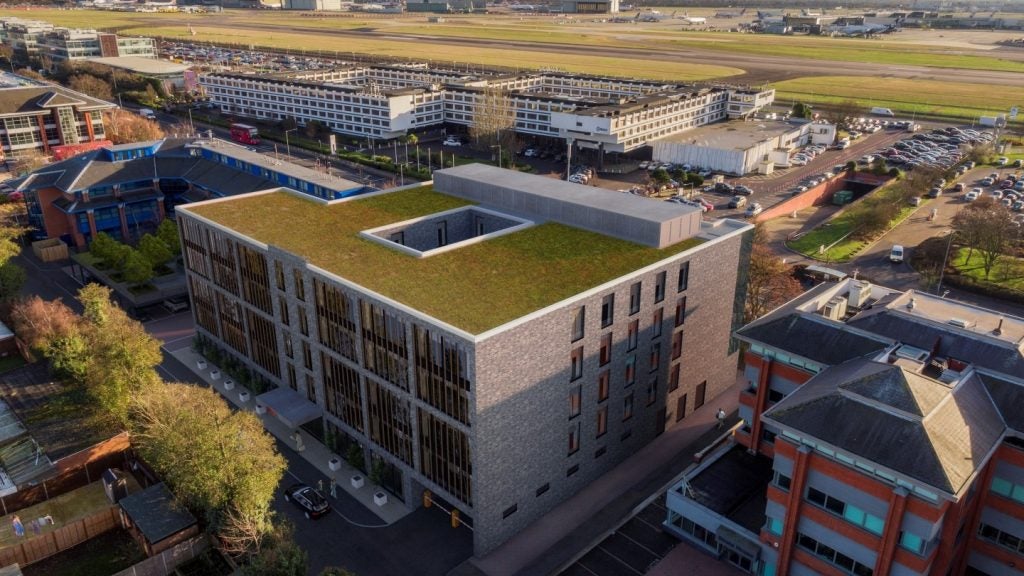
New York-based Blackstone’s real estate unit is considering the divestment of G6 Hospitality that could take the valuation of the owner of budget hotel brands to over $1bn.
G6 Hospitality owns hotel brands Motel 6 and Studio 6.
The private equity firm is working with advisers, according to an exclusive report of Bloomberg, which cited people familiar with the matter.
It is the initial stages of seeking interest from potential buyers in G6 Hospitality.
A Blackstone representative declined to comment, said the media outlet.
In 2012, these brands were acquired by Blackstone from France-based Accor as part of a $1.9bn deal, which included more than 1,000 hotels.
How well do you really know your competitors?
Access the most comprehensive Company Profiles on the market, powered by GlobalData. Save hours of research. Gain competitive edge.

Thank you!
Your download email will arrive shortly
Not ready to buy yet? Download a free sample
We are confident about the unique quality of our Company Profiles. However, we want you to make the most beneficial decision for your business, so we offer a free sample that you can download by submitting the below form
By GlobalDataSince then, the firm has divested most of the real estate.
As per the filing, out of the around 1,200 Motel 6 locations in the US at the end of 2020, over 1,050 were owned by franchisees.
Texas, US-based G6 Hospitality is led by CEO Rob Palleschi.
While Motel 6, which opened its first location in California in 1962, is a budget hotel brand, Studio 6 is an extended-stay chain.
In 1999, a Motel 6 hotel was transformed to first Studio 6 in El Paso, Texas. Currently, Studio 6 has over 100 properties.
Blackstone had teamed up with Starwood Capital Group to acquire mid-priced lodging brand Extended Stay and a real estate investment trust ESH Hospitality for around $6bn earlier this year.
Budget hotel brands have performed better in the lodging industry during most of the pandemic period.
According to STR, revenue per available room recorded by the segment stood at $40.33 during the four-week period ending on 18 December, which is an 18% increase from the corresponding period of 2019.






